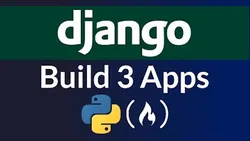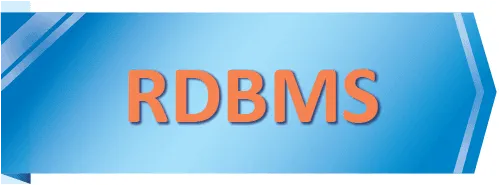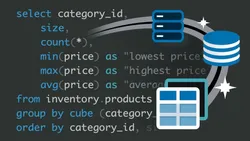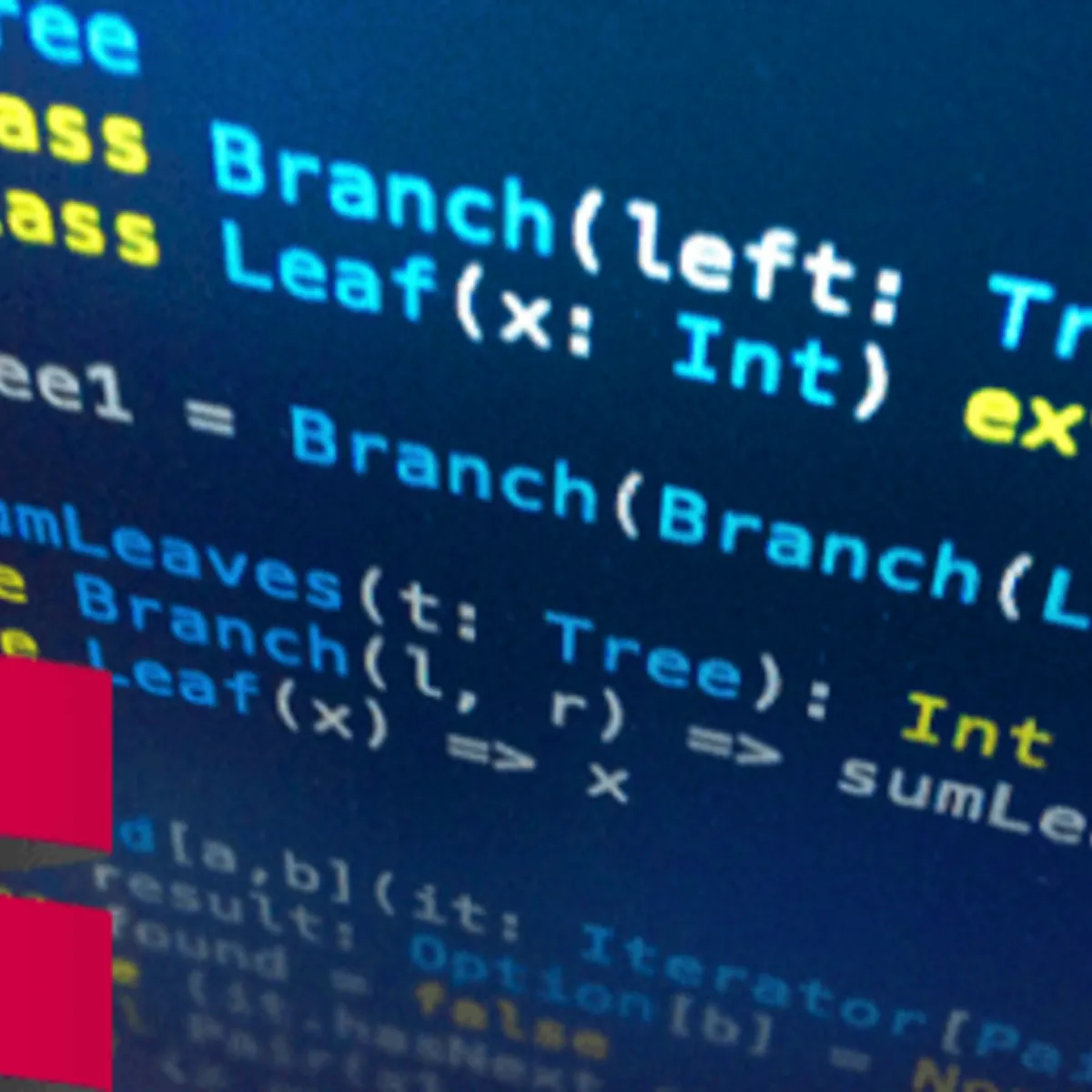
Build Three Django Projects - Python Course 
This Python course provides an opportunity to improve Django skills by building three complete projects: a URL shortener, a to-do list, and an English dictionary. Gain the knowledge to create these projects and more with this comprehensive course. ▼
ADVERTISEMENT
Course Feature
![]() Cost:
Cost:
Free
![]() Provider:
Provider:
freeCodeCamp
![]() Certificate:
Certificate:
Paid Certification
![]() Language:
Language:
English
![]() Start Date:
Start Date:
On-Demand
Course Overview
❗The content presented here is sourced directly from freeCodeCamp platform. For comprehensive course details, including enrollment information, simply click on the 'Go to class' link on our website.
Updated in [March 06th, 2023]
This course is perfect for those looking to learn how to build projects with Django and Python. You will learn how to use the Django framework to create a URL shortener, a to-do list, and an English dictionary. You will also learn how to use Python to create a web application. This course will provide you with the skills and knowledge needed to build projects with Django and Python. Additionally, you will gain an understanding of the fundamentals of web development and how to use the Django framework. By the end of the course, you will have the skills and knowledge to build your own projects with Django and Python.
[Applications]
The application of this course can be seen in the development of web applications. After completing this course, students will have the knowledge and skills to create web applications using Python and Django. They will be able to create a URL shortener, a to-do list, and an English dictionary. Additionally, they will be able to apply the concepts learned in this course to other web applications.
[Career Paths]
1. Web Developer: Web developers use Django to create websites and web applications. They are responsible for coding, testing, and debugging web applications, as well as ensuring that the applications are secure and perform optimally. Web developers are in high demand, and the demand is expected to continue to grow as more businesses move online.
2. Data Scientist: Data scientists use Django to analyze and interpret data. They are responsible for creating data models, analyzing data, and developing algorithms to solve complex problems. Data scientists are in high demand, and the demand is expected to continue to grow as businesses become more data-driven.
3. Software Engineer: Software engineers use Django to develop software applications. They are responsible for designing, coding, testing, and debugging software applications. Software engineers are in high demand, and the demand is expected to continue to grow as businesses become more reliant on technology.
4. DevOps Engineer: DevOps engineers use Django to automate the deployment and management of applications. They are responsible for setting up and maintaining the infrastructure needed to run applications, as well as ensuring that applications are secure and perform optimally. DevOps engineers are in high demand, and the demand is expected to continue to grow as businesses become more reliant on automation.
[Education Paths]
1. Bachelor of Science in Computer Science: This degree path focuses on the fundamentals of computer science, such as programming, software engineering, and computer architecture. It also covers topics such as artificial intelligence, data structures, and algorithms. With the increasing demand for software development, this degree path is becoming increasingly popular and is a great way to gain the skills needed to build Django projects.
2. Master of Science in Software Engineering: This degree path focuses on the development of software systems, including the design, implementation, and testing of software applications. It also covers topics such as software architecture, software engineering principles, and software development processes. This degree path is ideal for those looking to gain the skills needed to build Django projects, as it provides a comprehensive understanding of software engineering principles and practices.
3. Master of Science in Data Science: This degree path focuses on the analysis and interpretation of data, as well as the development of data-driven solutions. It covers topics such as machine learning, data mining, and data visualization. With the increasing demand for data-driven solutions, this degree path is becoming increasingly popular and is a great way to gain the skills needed to build Django projects.
4. Master of Science in Artificial Intelligence: This degree path focuses on the development of intelligent systems, such as robots and autonomous agents. It covers topics such as machine learning, natural language processing, and computer vision. With the increasing demand for intelligent systems, this degree path is becoming increasingly popular and is a great way to gain the skills needed to build Django projects.
Course Provider

Provider freeCodeCamp's Stats at AZClass
Discussion and Reviews
0.0 (Based on 0 reviews)
Explore Similar Online Courses

Become a Hybrid Cloud Engineer

Technical Analysis: Candlestick Trading For Beginners 2023

RDBMS PostgreSQL

Intro To PostgreSQL Databases With PgAdmin For Beginners

PostgreSQL: Client Applications

Mastering SQL using Postgresql

Database Design and Basic SQL in PostgreSQL

PostgreSQL: Advanced Queries

Spatial SQL with Postgres : A language for geographers

Learn SQL Using PostgreSQL: From Zero to Hero

PostgreSQL Essential Training


Start your review of Build Three Django Projects - Python Course